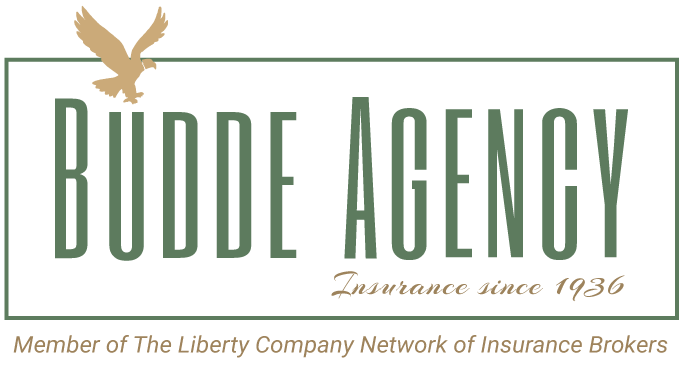When winter weather strikes, we often forget about the possibility of flooding. However, winter flooding is a real risk that we should all take seriously. Use these tips to learn what causes flooding, how to prevent flooding, and how to protect the family homestead. Home insurance and flood insurance are just the first step in making sure that your home is safe.
What Causes Flooding?
Did you know that 90% of natural disasters in the U.S. involve flooding? So, it helps to know what causes flooding in a variety of situations.
Rising Water Levels
While flooding typically conjures images of rivers spilling over their banks, homeowners on Long Island must concern themselves with rising sea levels which, in turn, cause creek levels to rise.
When “bomb cyclones” hit the east coast, they can drop several feet of snow in a short period of time. Along with the moisture that’s produced when snow melts on tidal waters, storm tides can surge to the coast, causing winter flooding.
Sudden Thaws
Everyone in the Amityville area knows that the snow thaws eventually, but a sudden thaw could cause rapid and intense flooding. Saturated ground cannot absorb a sudden thaw, and you could experience flooding in your basement or crawl space.
Freezing Rain
Freezing rain is a common byproduct of the winter season. While fluffy snowflakes look pretty and create a picturesque landscape, dreaded freezing rain often melts or turns to slush quite quickly. As freezing rain accumulates, it saturates the ground, either causing flooding or setting the scene for flooding as the snow thaws or when another storm system passes through the area.
Ways to Prevent Flooding Before Winter
Flood prevention should start in the summer or fall, but it’s never too late to protect your home. Review these items with help from a professional as soon as possible:
- Drainage: Window wells, gutters, and downspouts should be cleared of debris. Also, make sure that the landscaping around your home slopes away from the structure. Otherwise, water will flow back toward the foundation or into the basement or crawl space.
- The sewer backup valve: Installing a sewer backup valve prevents backups in your house when local flooding clogs municipal sewer systems.
- Sump pump: Install a sump pump in your basement or crawl space that automatically pulls flood water from the area.
- Inspect the foundation: Circle your home and walk through the basement or crawl space. Look for cracks that could allow for leaks as rainwater, snowmelt, and thawed ice flow around your property.
Flood Prevention After the Snow Falls
After snow starts falling, you can take more steps to prevent flooding. Creating a simple routine for yourself or your family will keep your home in much better condition:
- Take action as soon as possible. Fresh snow melts quickly in sunlight and produces one-tenth its weight in water.
- Clear snow a few feet from the edge of the house and other structures.
- Remove excess snow from the roof with a roof rake.
Winter Safety Tips for Your Family
As your family hunkers down for a long winter, you need a family safety plan. Yes, snowfall is beautiful, makes for a lovely holiday season, and offers hours of fun for the family. However, you need to know what to do when winter emergencies occur:
- When the National Weather Service forecasts flooding, prepare to move to higher ground. Shut off the water, gas, and electricity if you can do so safely.
- Follow all evacuation orders.
- Re-enter the house only when you have clearance from the local authorities and/or the utility company.
- Never enter flooded areas, especially basements or crawl spaces.
- Do not touch a flooded electrical panel.
How to Clean Up After a Winter Flood
While you should file a home insurance or flood insurance claim and seek assistance from a professional, you likely want to start cleaning up as soon as possible. Use these tips in the absence of professional assistance:
- Wear rubber gloves and/or waiters
- Document all damage with pictures and videos
- Use a wet/dry vac to remove standing water
- Use fans for air circulation and drying
- Clean and disinfect all surfaces
- Remove water-damaged items to dry in another location
Contact Us About Flood Insurance
Don’t wait until it’s too late! The Budde Agency offers National Flood Insurance Programs. Learn more or get a quote today! Flood insurance cannot be left by the wayside, no matter how unlikely a flood may be. Protecting the family homestead is as easy as calling us or contacting us online.



